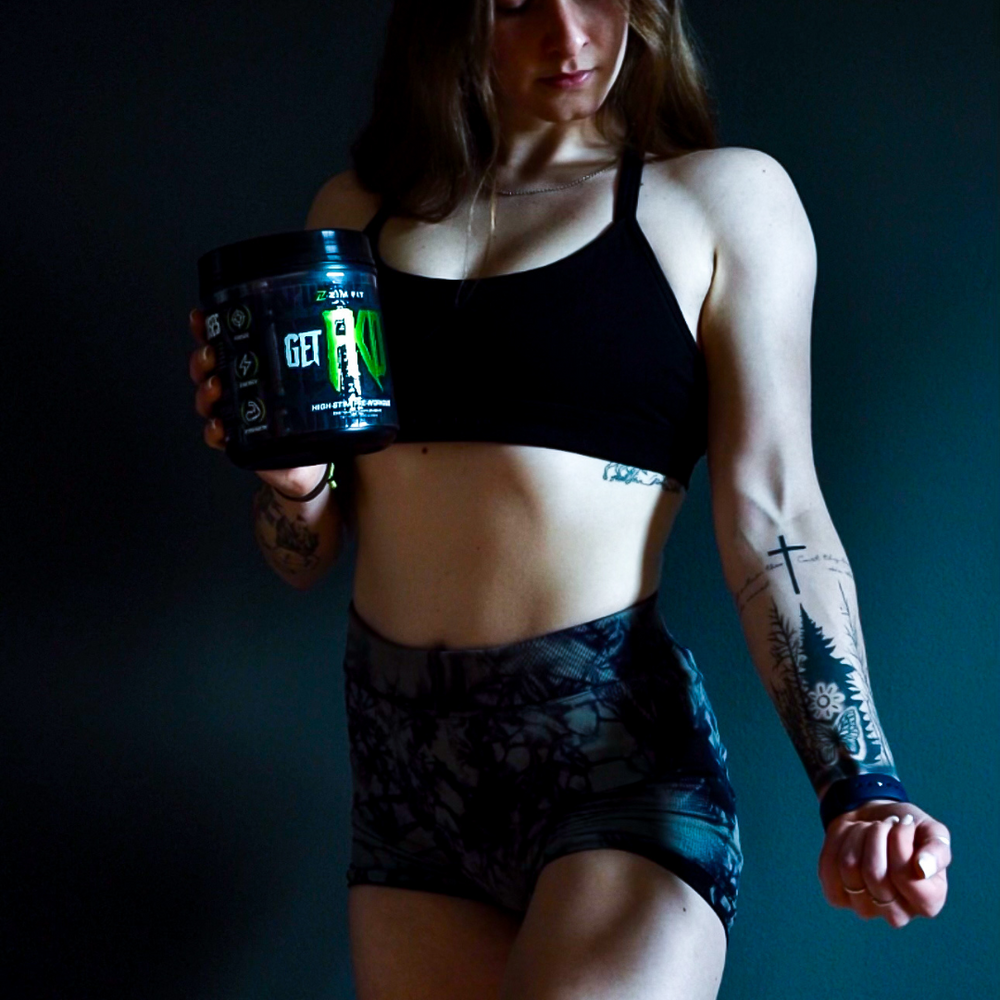ZIM FIT's Top 5 Myths About Supplements — What Science Really Says
At ZIM FIT, we’re all about cutting through the noise. Supplements can be a powerful tool, but the wellness space is filled with myths, hype, and half-truths. To help you make smarter choices, let’s break down five of the most common supplement myths — and what science really says.

Myth 1: “If It’s On The Shelf, It Must Work”
Reality: Just because a supplement is sold at your local store or online doesn’t mean it’s effective. The market is full of products with under-dosed ingredients, poor absorption, or flashy marketing that doesn’t hold up in research. For example, many “fat burners” rely on stimulants for short-term effects, but lack strong scientific backing for real fat loss.
Practical tip: Before buying, look for clinical studies on the active ingredients — not just the product’s claims. Transparent labels, third-party testing, and evidence-backed formulas are the hallmarks of supplements worth your time.
Myth 2: “Natural Means Safe”
Reality: Just because something is “natural” doesn’t mean it’s harmless. Some plant-based supplements interact with medications, cause side effects, or even damage the liver in high doses. For example, St. John’s Wort — often marketed as a natural mood booster — can interfere with birth control, antidepressants, and blood thinners.
Practical tip: Treat “natural” supplements the same way you would a prescription drug — with caution and research. Always talk to your doctor before mixing them with medication.
Myth 3: “A Multivitamin Can Replace A Healthy Diet”
Reality: No pill can match the complexity of whole foods. Fiber, antioxidants, and phytochemicals all work together in ways we can’t replicate in a capsule. In fact, large studies show that multivitamins don’t significantly reduce the risk of heart disease, cancer, or memory loss. Supplements are meant to fill gaps, not replace meals.
Practical tip: Think of a multivitamin as a backup plan — not a main course. Prioritize a colorful, nutrient-dense diet, and use supplements strategically where you fall short.
Myth 4: “More Is Better — Take Mega-Doses For Faster Results”
Reality: Overloading on supplements can backfire. Fat-soluble vitamins (A, D, E, and K) build up in your system and can become toxic. Even water-soluble vitamins like vitamin C or B6 can cause digestive issues or nerve problems in large amounts. More doesn’t mean better — it often means waste, or worse, harm.
Practical tip: Stick to recommended doses and avoid “stacking” multiple supplements that might contain overlapping ingredients.
Myth 5: “Supplements Can Prevent Or Cure Disease”
Reality: While supplements can help correct deficiencies, there’s no strong evidence that they prevent major diseases like cancer or Alzheimer’s in healthy people. In fact, some trials show that high-dose antioxidants or beta-carotene may increase risks in certain populations. Supplements are tools for health maintenance, not miracle cures.
Practical tip: Use supplements to support your lifestyle — not as a replacement for medical care, balanced nutrition, or exercise.

The Bottom Line
Supplements aren’t magic bullets, but they can play a meaningful role when used wisely. The key is to focus on food first, quality over quantity, and evidence over hype. Before starting anything new, talk with your healthcare provider, especially if you’re already taking medications.
At ZIM FIT, we believe supplements should enhance your lifestyle — not mislead you with myths. By knowing what science really says, you’ll be empowered to make choices that fuel your performance, recovery, and long-term health.
- The ZIM FIT Team







Leave a comment